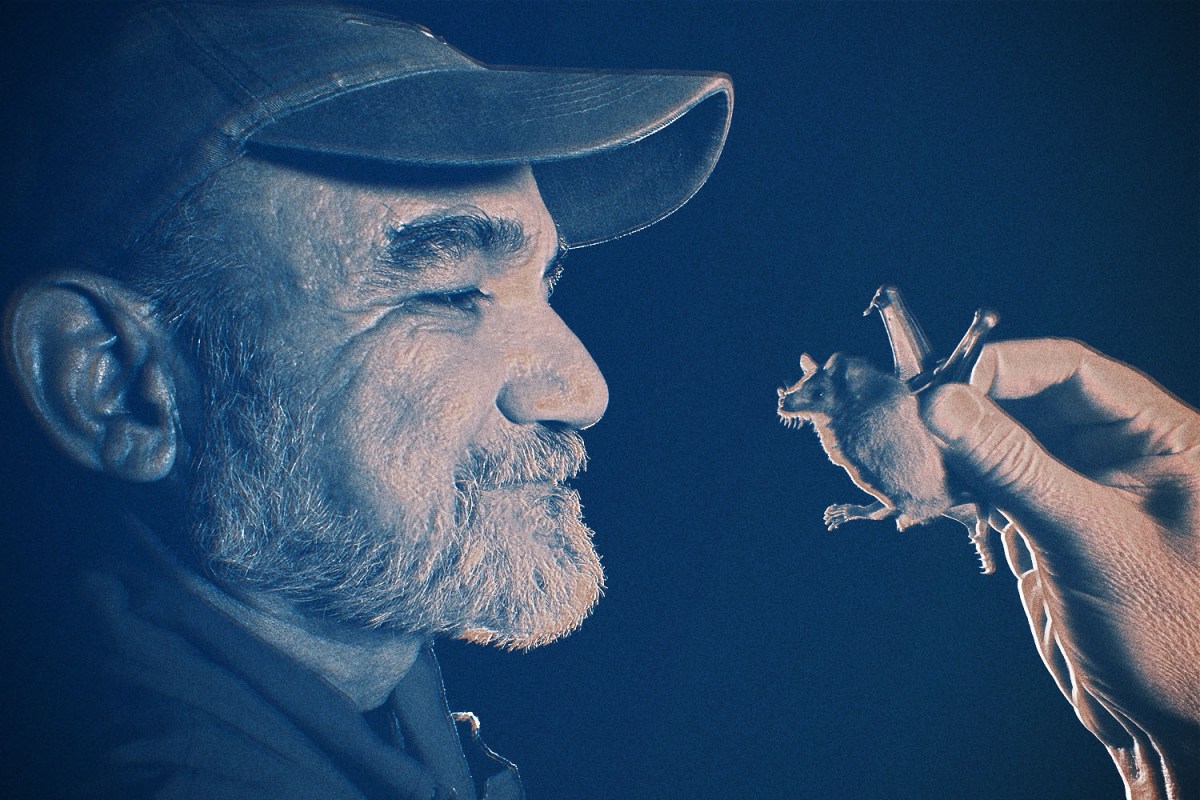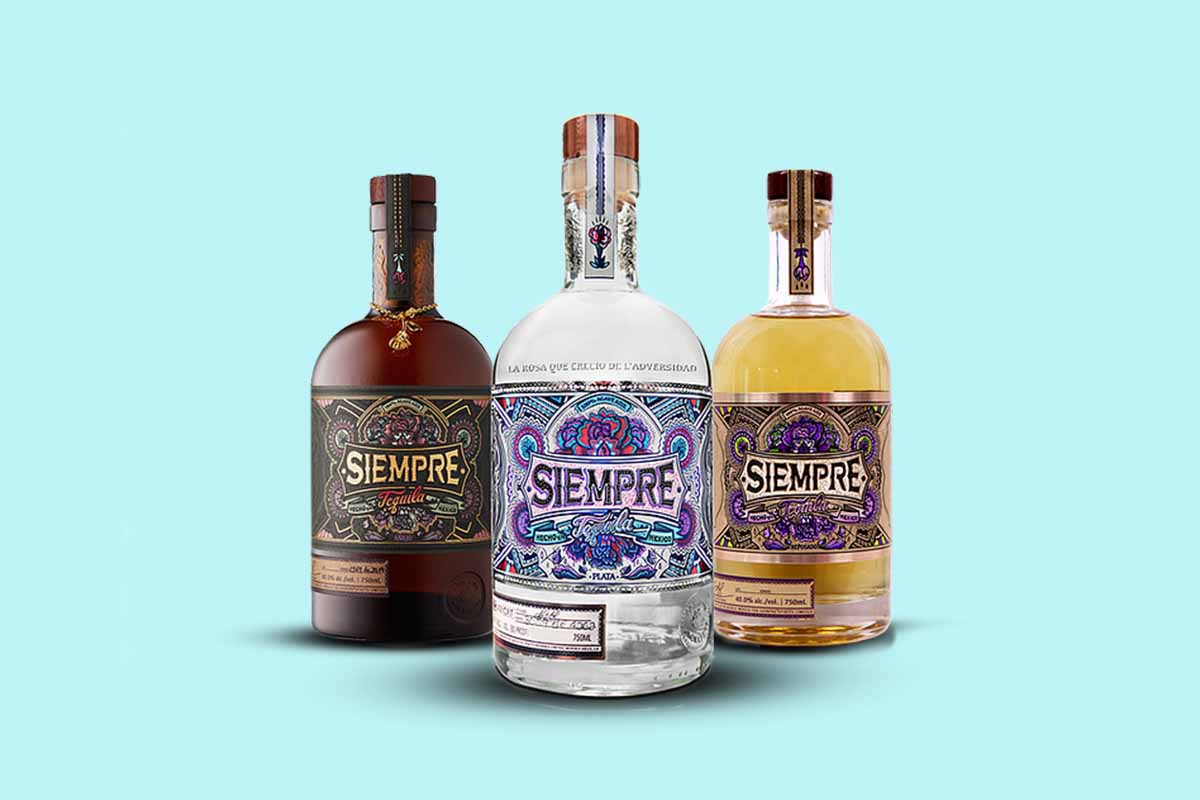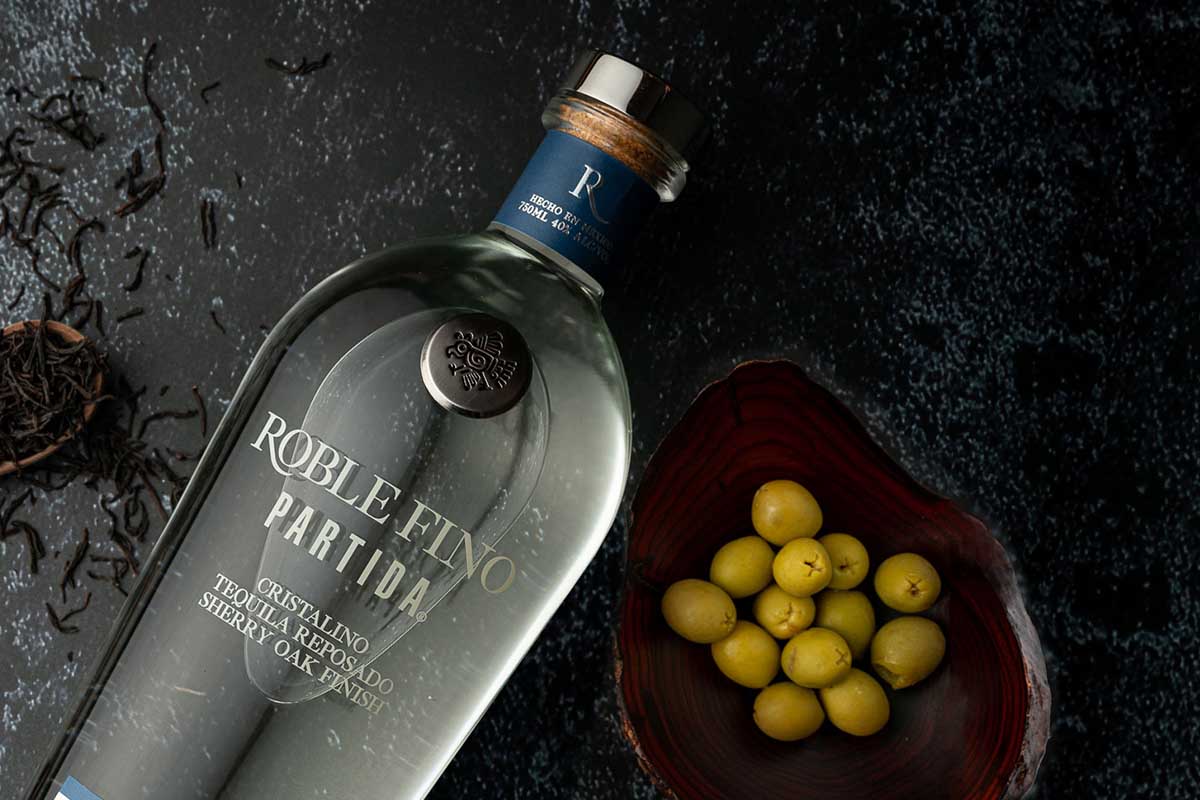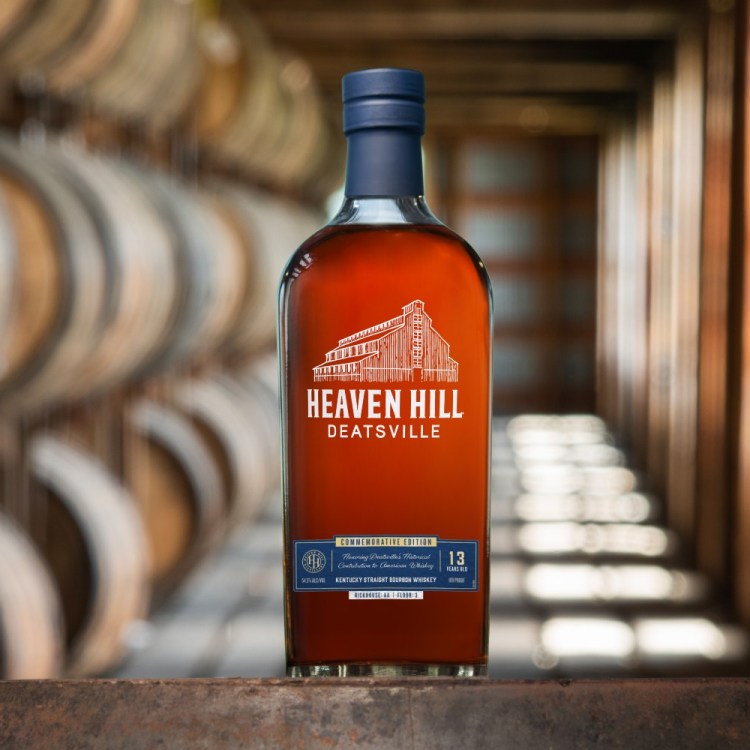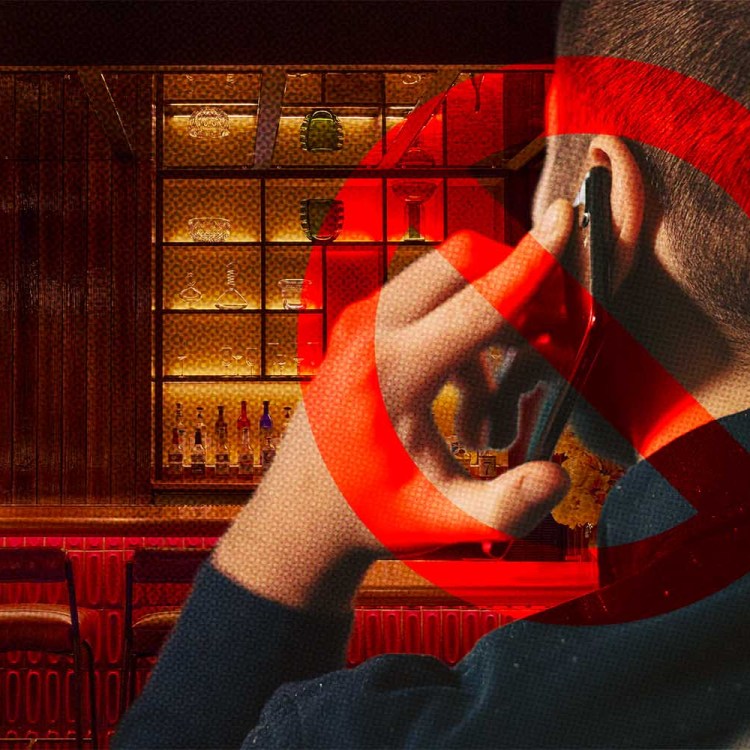Tequila’s biggest danger isn’t a shortage of agave. Or the overabundance of celebrity brands.
It’s bats.
Actually, it’s the lack of bats. The lesser long-nosed bat is the primary pollinator of blue agave, the plant that serves as the base ingredient in tequila. These bats feed on the nectar of agave flowers and carry the pollen to fertilize other plants. But the industrial practices used in tequila production have led to a loss of the genetic diversity in the agave plants — and the loss of a food source for the threatened species of that lesser long-nosed bat.
In response, ecologist Rodrigo Medellin and the International Union for Conservation of Nature (IUCN) hope to help the bats by working with tequila brands to make them “bat-friendly.” That’s the actual word on the label of seven tequila brands and three mezcals; to qualify for the label, the brands have to allow at least 5% of their agave plants to flower, let the bats pollinate and use the resulting seeds to replant the fields.
This process and Medellin’s work is part of Nature: The Bat Man of Mexico, a David Attenborough-narrated documentary — directed by Tom Mustill — that premieres Wednesday, June 30 on PBS (and on the public television’s website and video app).
Medellin’s fascination with bats actually goes back decades. “I was 12 or 13 years old when my first bat came into my hands,” he tells us. “I had been already helping at the mammal department of UNAM (the National Autonomous University of Mexico) and people kept telling me how amazing bats were and I realized how unfairly treated they were. When I held my first bat — I distinctly remember, a Waterhouse leaf-nosed bat, Macrotus waterhousii — I was trembling with emotion at how incredibly amazing its ears were, at its leaf nose, its little claws, its astonishing soft, pliable wings and its silky, beautiful fur. The combination of mystery, fascination and unfair treatment they represented made me decide right there and then, in the middle of the Cañon del Zopilote in the state of Guerrero, to continue learning and defending bats for the rest of my life.”
Admittedly, it might seem strange to be championing bats right now, given that the mammals are increasingly associated with deadly pandemics (including SARS and COVID-19), rightly or wrongly. “There are two things to remember when thinking about bats and their benefits or harms to us,” as Mustill tells InsideHook. “We really need bats — all 1,400 bat species fulfill helpful roles in our ecosystem — and we get their diseases when we’re doing weird stuff.”
Among the bat benefits? They eat pests, including ones that could devastate crops, and they pollinate plants. And when humans smash up ecosystems and remove bat habitats, they end up creating breeding grounds for new diseases.
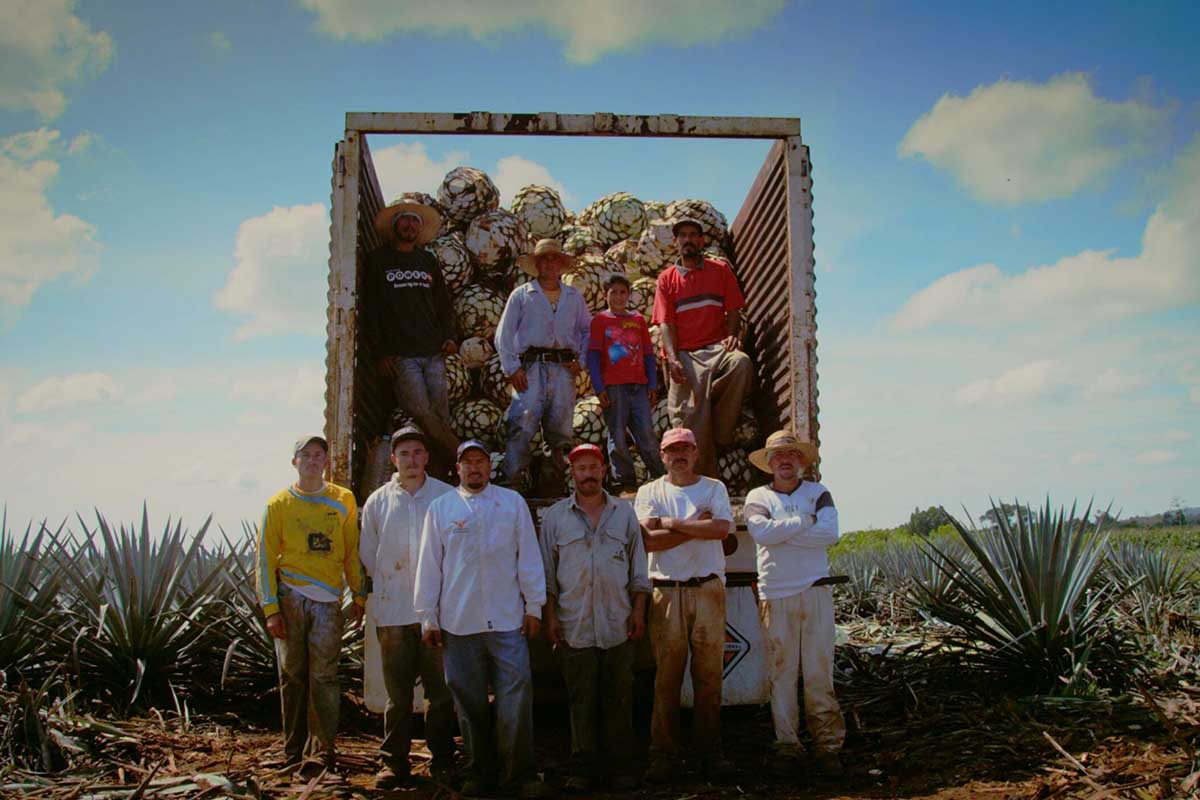
As for the tequila issue: agave plants are being inbred and not being allowed to flower and cross-pollinate. And if the bats lose their food source, the agave plants could become more vulnerable to new pests, extreme conditions and changing weather.
Still, seven tequila and three mezcal producers is just a small drop in the agave-spirits bucket. “The current price of the agave heads (30 pesos per kilo versus 3 pesos four years ago) is making it hard for tequila producers to join in,” Medellin admits, who also notes the extra transparency required by producers to gain the Bat-Friendly label may put their enthusiasm to join the movement on pause. However, he adds, “Fortunately, the mezcal producers are in a situation where they can be a lot more enthusiastic and are joining the program as well.”
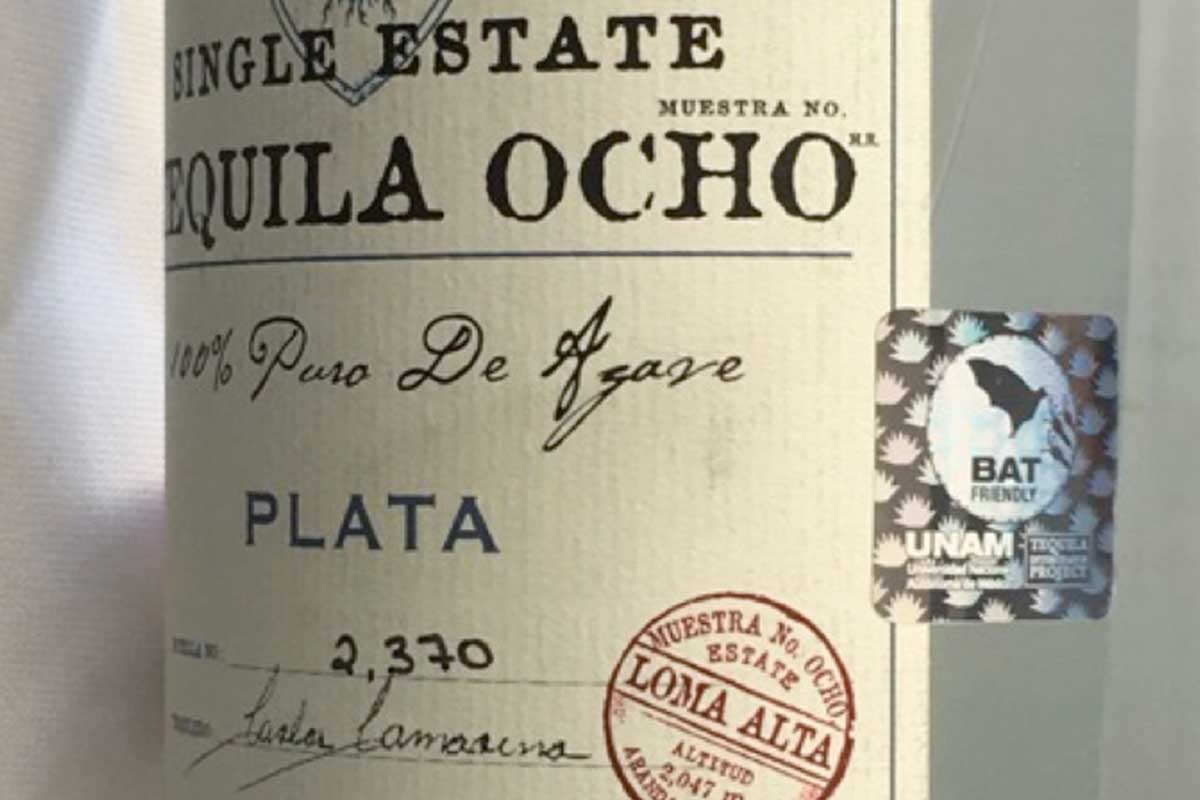
One way to get the word is through documentaries like The Bat Man of Mexico. But the shoot presented challenges. “It was the hardest thing I’ve ever done,” says Mustill. “How do you film an animal that flies at night in the wild, in a giant country like Mexico? We got bitten by all sorts of awful bugs in the tropical forests, almost got killed by falling rocks abseiling into sinkholes, dodged gun-toting militias and were absolutely exhausted from filming at night for months.”
And then there were the bat’s caves, where temperatures could rise above 100 degrees and “urine and feces pour down on you from above in a constant rain,” says the filmmaker. “Plus, we were using infra-red lamps to film, so we couldn’t see the snakes dangling from the ceilings of passages we crawled through. And the walls were covered in cockroaches, vampire bats scurried around and we were wading through two-foot deep guano.” On the flip side, the film crew also came across giant stalagmites, ancient paintings by the Maya and human bones swallowed by the growing rock. Overall, it was equal parts disgusting and mesmeric.
Hopefully that effort pays off in both a new appreciation of bats and a new tequila industry initiative to help them.
“I’m hopeful that the unfair, unfounded bad reputation of bats will go away,” says Medellin. “More and more people are now educated about the roles bats play in the ecosystem and also about the benefits they provide to us. We will never stop defending bats, but so many people now know that bats are beneficial to humans and crucial for the environment. I have been fighting against their bad reputation for years. All it takes is education.”
“[Being bat-friendly] is not a big sacrifice for a long-term insurance policy,” adds Mustill. “And it makes for better tequila.”
Every Thursday, our resident experts see to it that you’re up to date on the latest from the world of drinks. Trend reports, bottle reviews, cocktail recipes and more. Sign up for THE SPILL now.
